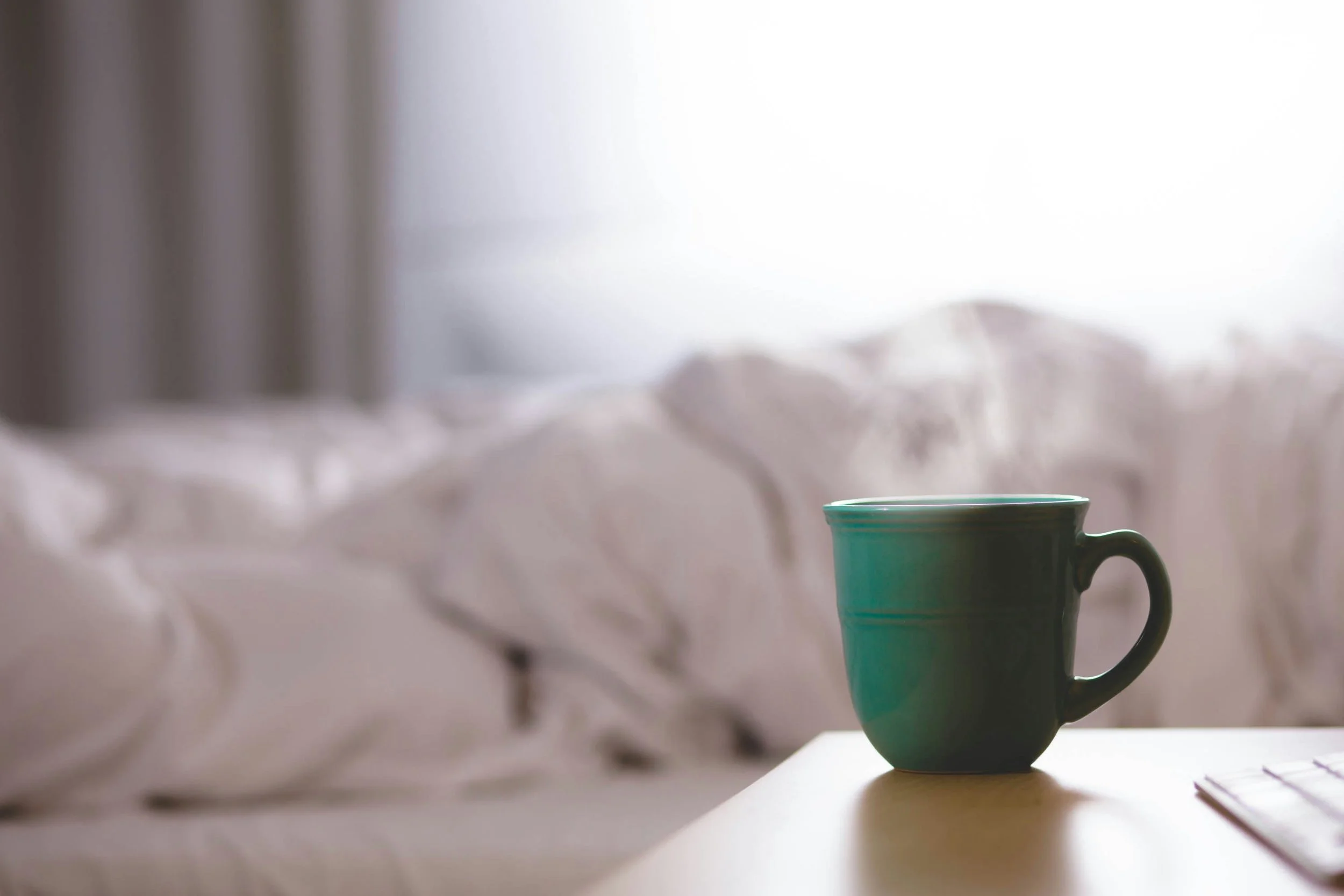
Ask the expert with Dr. Chinenye Onyemaechi, M.D
What is the difference between normal sadness or grieving and depression?
Everyone experiences a range of emotions over the course of days and weeks, typically varying based on events and circumstances. When disappointed, we usually feel sad. When we suffer a loss, we grieve. Normally, these feelings ebb and flow. By contrast, depression tends to feel heavy and constant. People who are depressed are less likely to be cheered, comforted, or consoled.
What do I need to tell my healthcare professional when discussing my feelings of depression?
Total openness is important. You should talk to your healthcare professional about all of your symptoms, important milestones in your life, and any history of abuse or trauma. Also tell them about past history of depression or other emotional symptoms in yourself or family members, medical history, and medications you are taking, prescribed, or over-the-counter. It is also key to share how depression has affected your daily life and whether you have ever thought about suicide.
How long should I wait to see a medical professional?
It is important to see a healthcare professional as soon as you notice significant changes in your mood, difficulties in your work/school or home life, or if those close to you have commented about any concerning changes in your mood, personality, and/or behavior. More serious symptoms, such as suicidal thinking, require immediate attention.
Check more questions and answers by clicking below!
What is Depression? Presented by the ADAA.
The Anxiety and Depression Association of America (ADAA), a non-profit organization, leads in education, training, and research for anxiety disorders, depression, PTSD, OCD, and co-occurring disorders. ADAA also provides free evidence-based mental health information and resources to the public.
What is depression? Presented by Helen M. Farrell.
Depression is the leading cause of disability in the world; in the United States, close to ten percent of adults struggle with the disease. But because it’s a mental illness, it can be a lot harder to understand than, say, high cholesterol. Helen M. Farrell examines the symptoms and treatments of depression, and gives some tips for how you might help a friend who is suffering.
What is anxiety?
In this video, learn about anxiety and generalized anxiety disorder (GAD) along with the strategies and treatments available.




